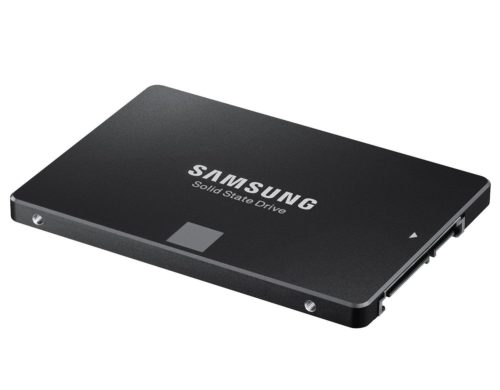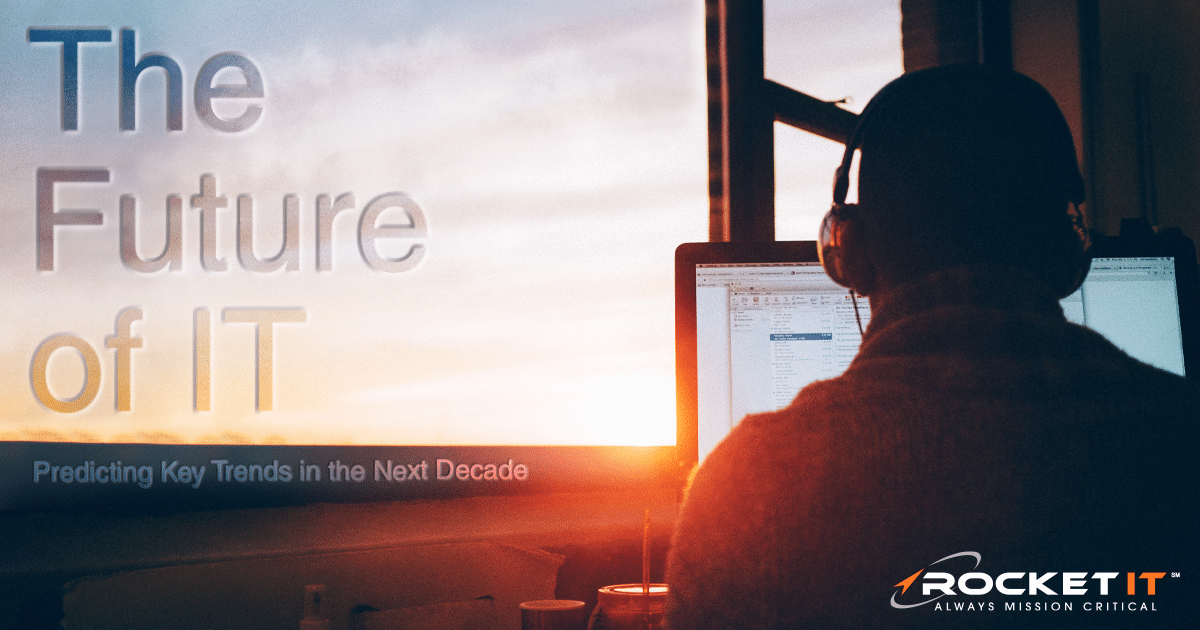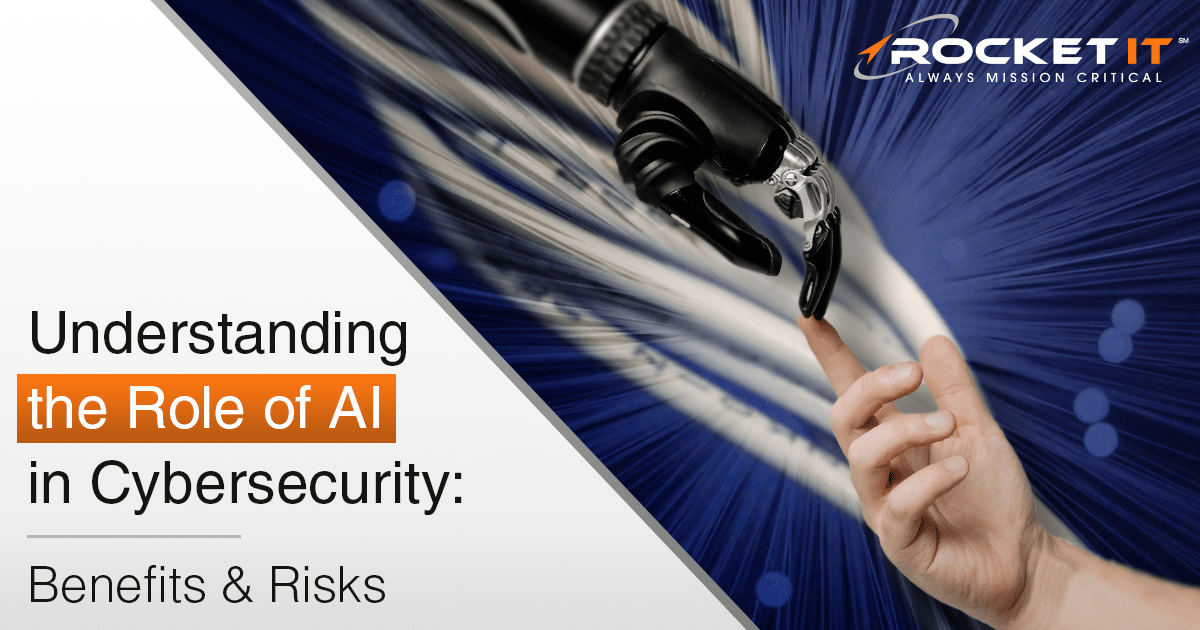Pros & Cons: Choosing a Solid State Drive (SSD) vs a Hard Disk Drive (HDD)

Whether you’re picking up a new drive for your computer or examining your options while buying a new computer entirely, there is one big decision you have to make.
Do you choose a solid state drive (SSD) or do you go for the standard (and cheaper) hard disk drive (HDD or hard drive)?
There are pros and cons to both, so let’s consider the differences.
Exploring the Differences Between SSD & HDD
The main difference between a solid-state drive and a hard drive is in how they store and read the data saved. A solid-state drive has flash memory chips that retain data. These drives DON’T have moving parts, unlike your typical hard drive. A hard drive stores data using a magnetic platter with an arm that reads and writes the data.
The solid-state drive has risen in popularity and compatibility (now the default on most computer devices). So what’s behind all the hype?
Your standard solid-state drive has great speed. PCs equipped with solid-state drives boot in less than a minute, launches programs faster than your standard hard drive and transfers files faster.
Traditional hard drives are slowed down by the way in which they retrieve data (by reading it from the magnetic platter) and by the way they write data, which can cause disk fragmentation over time. Fragmentation occurs when hard drives start to fill up and larger files end up scattered around the disk platter. Of course, this doesn’t mean that hard drives are sloths compared to their solid counterparts; a nicer hard drive will provide you a good deal of speed as well.
Solid-state drives also tend to be more compact. As our laptops get slimmer, SSDs are gaining in popularity because of their smaller size. Hard drives have the disadvantage of being limited in how small they can get because of their magnetic platters and other moving parts.
Those moving parts in hard drives also hinder them by making them more likely to become damaged if they’re dropped. Solid-state drives are considerably more likely to survive a fall than your standard hard drive (though we can’t say the same for the rest of your laptop… especially the screen).
The solid-state drive’s flash memory chips also retain more data than the hard drive’s magnetic platter. This means you have more storage space and more capacity for running heavy-duty programs. If you’re an avid PC gamer, having a solid-state drive will make a huge speed difference for you.
Logging Off
All this being said, solid-state drives are often more expensive than hard disk drives, and you can get a really nice hard drive with the same memory capacity as some solid-state drives for a fraction of the cost.
Solid-state drives are also more prone to data corruption and total malfunction in the case of power failure. That means surges and blackouts can cause damage to your drive if your laptop isn’t properly protected.
As solid-state drives become more commonplace, we can expect that heavy price tag to lighten, and they will be the easy choice. But, until then, hard disk drives are still a strong contender.

Want technology and leadership content sent directly to your inbox? Subscribe to Rocket IT’s monthly newsletter!
Related Posts
Subscribe to Rocket IT's Newsletter
Stay up to date on trending technology news and important updates.

Find out if Rocket IT is the right partner for your team
Claim a free consultation with a technology expert.










